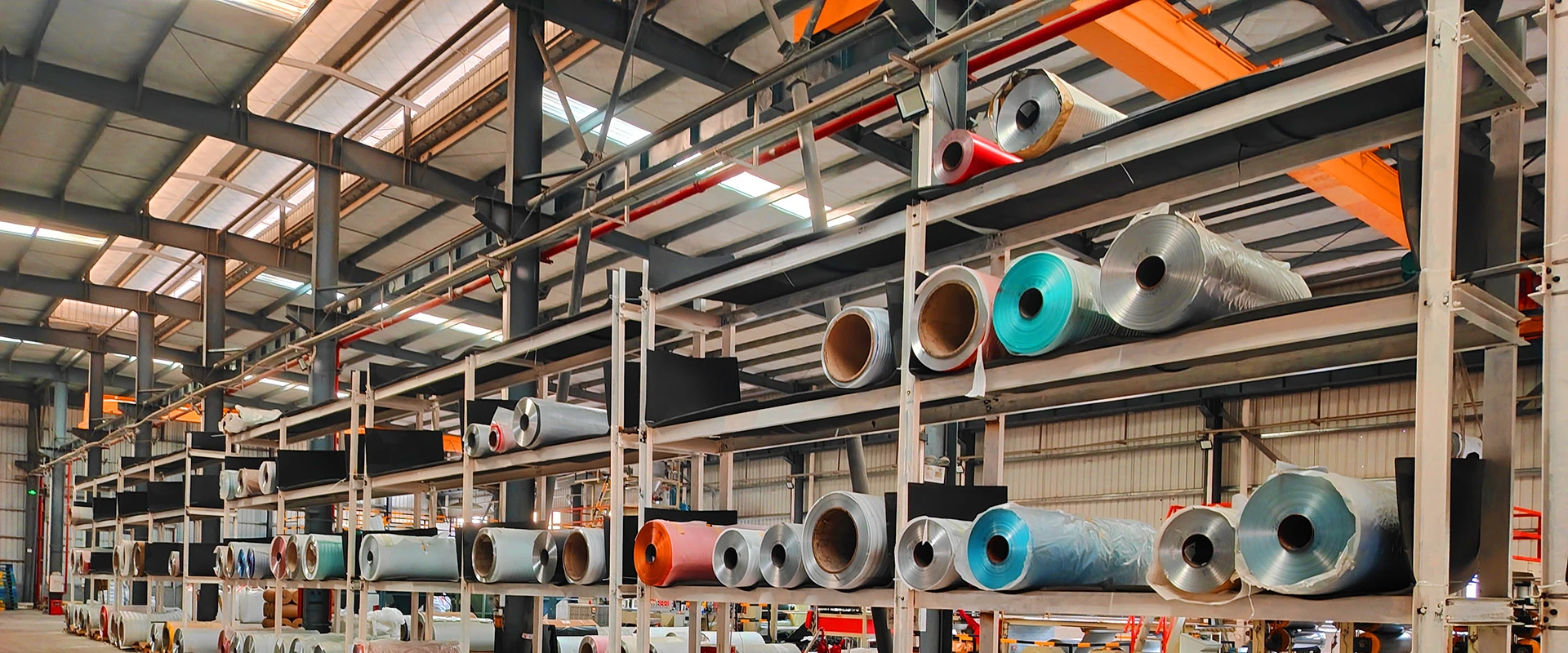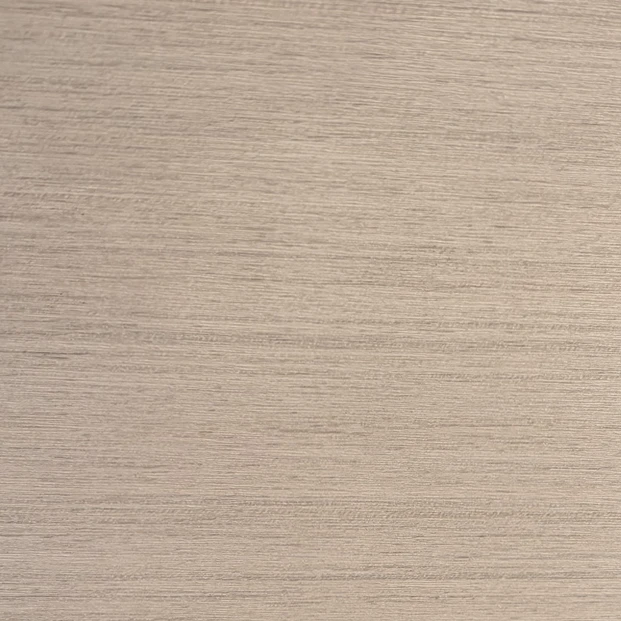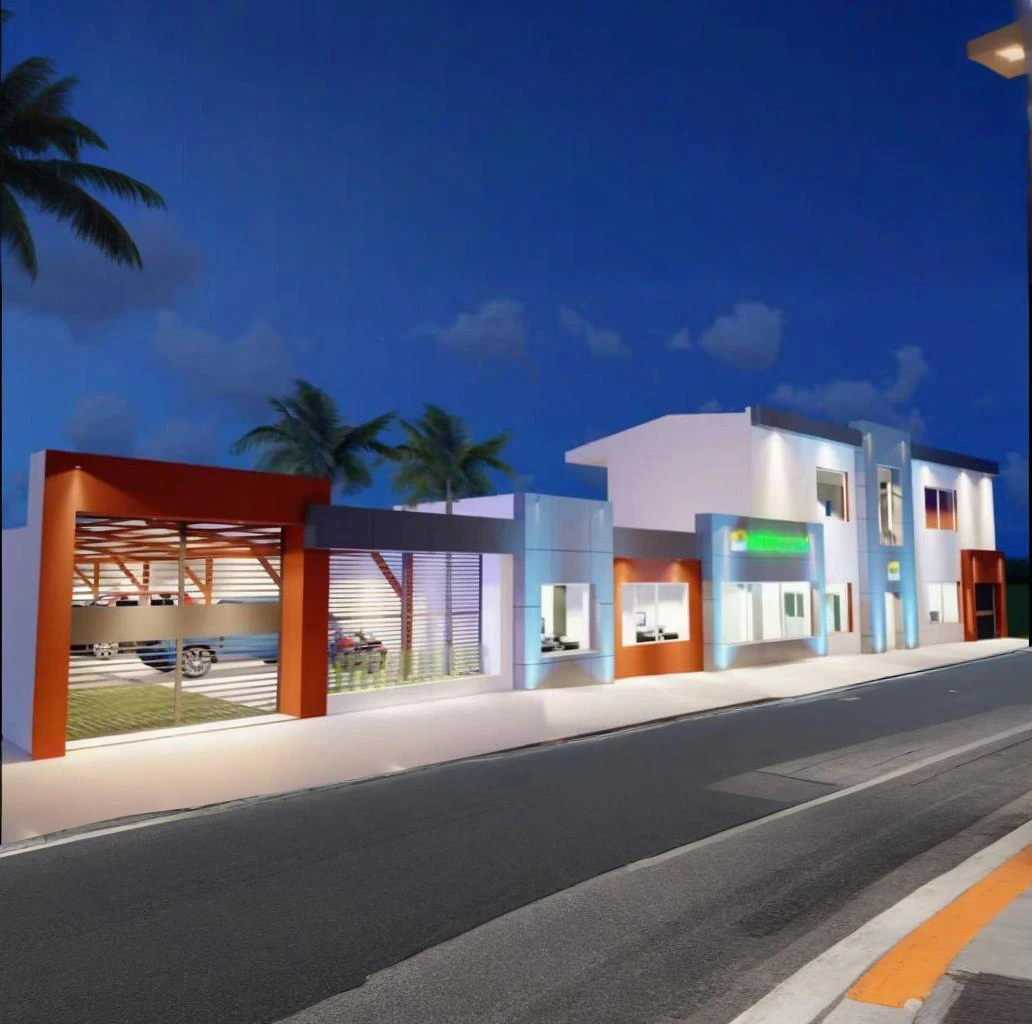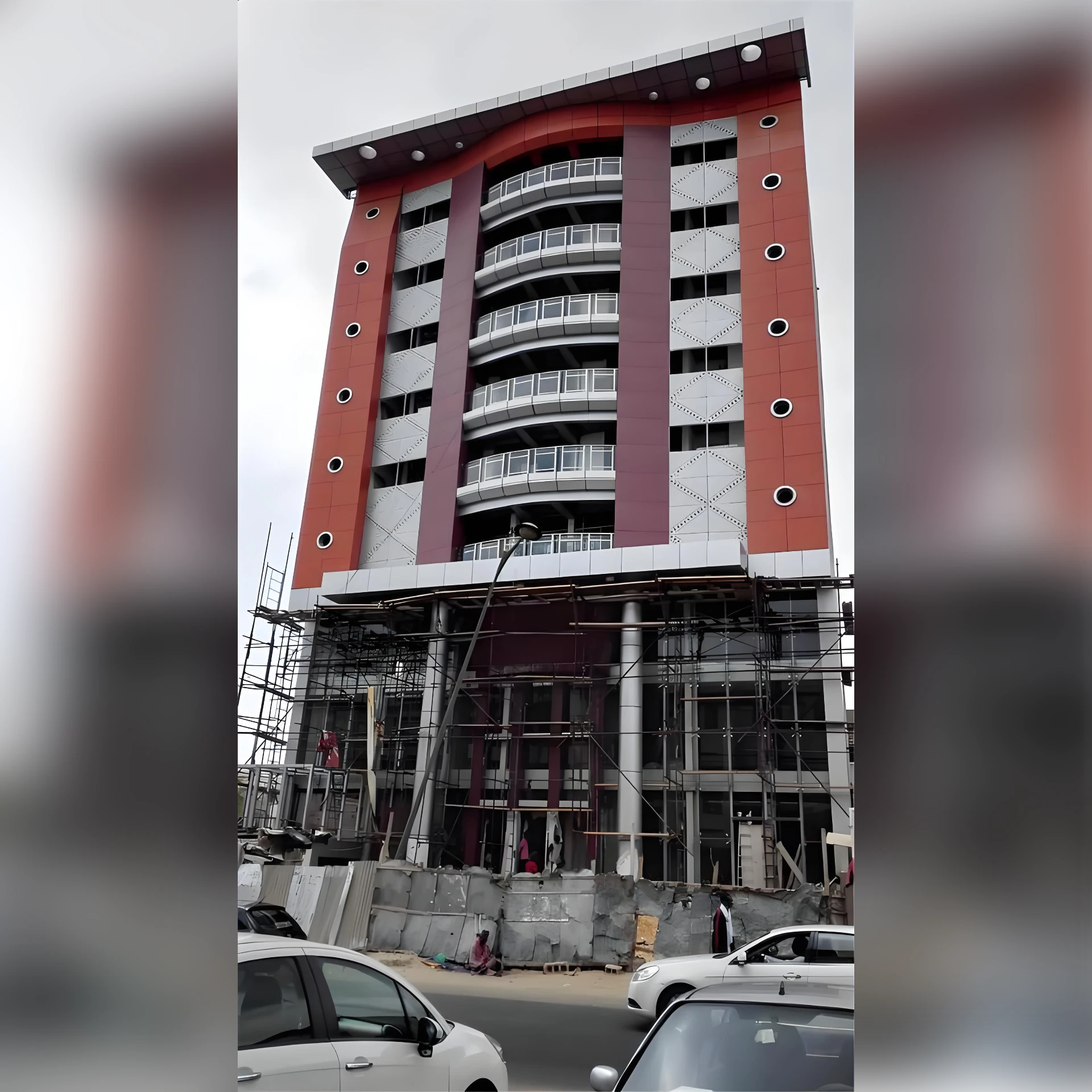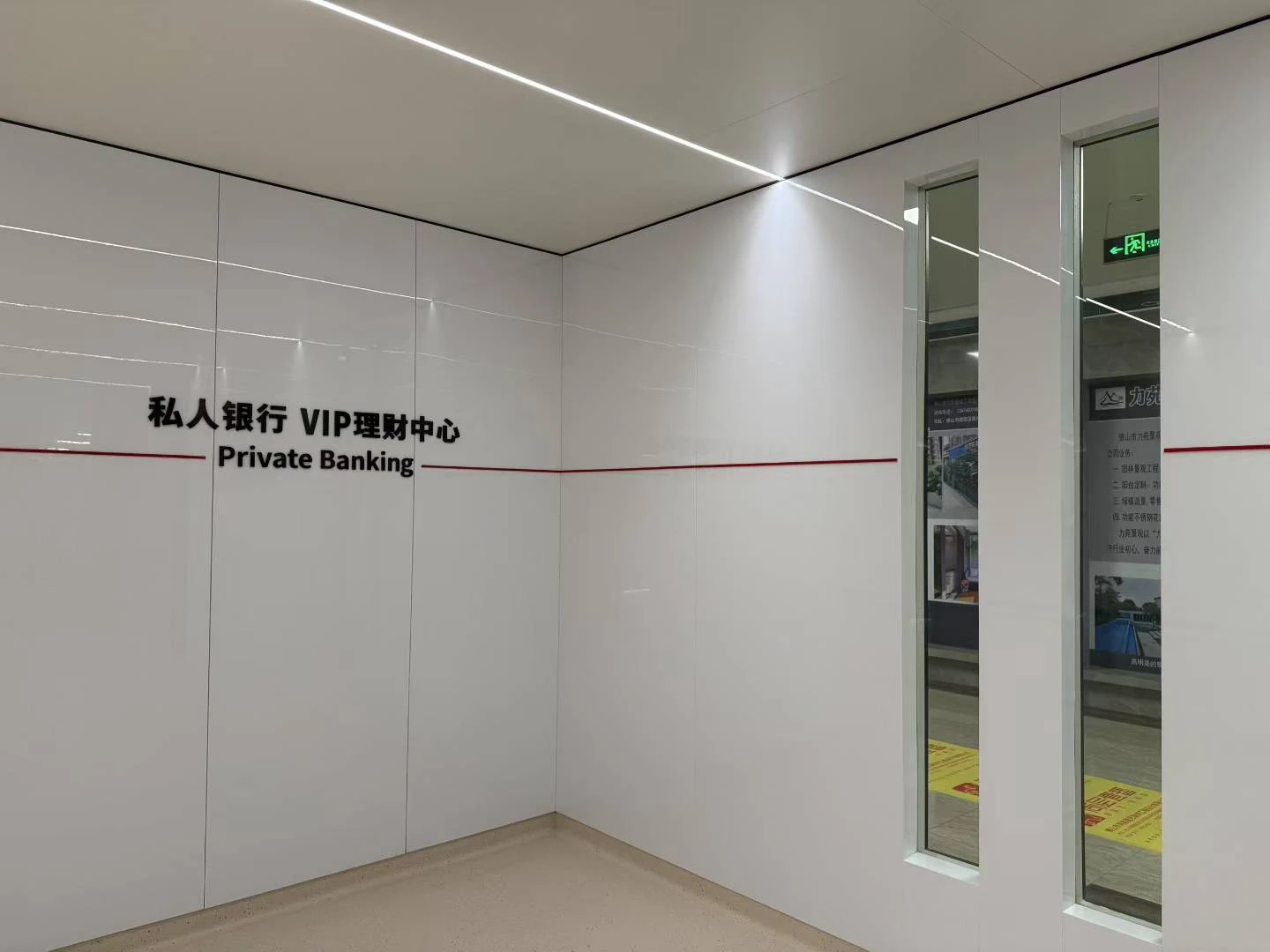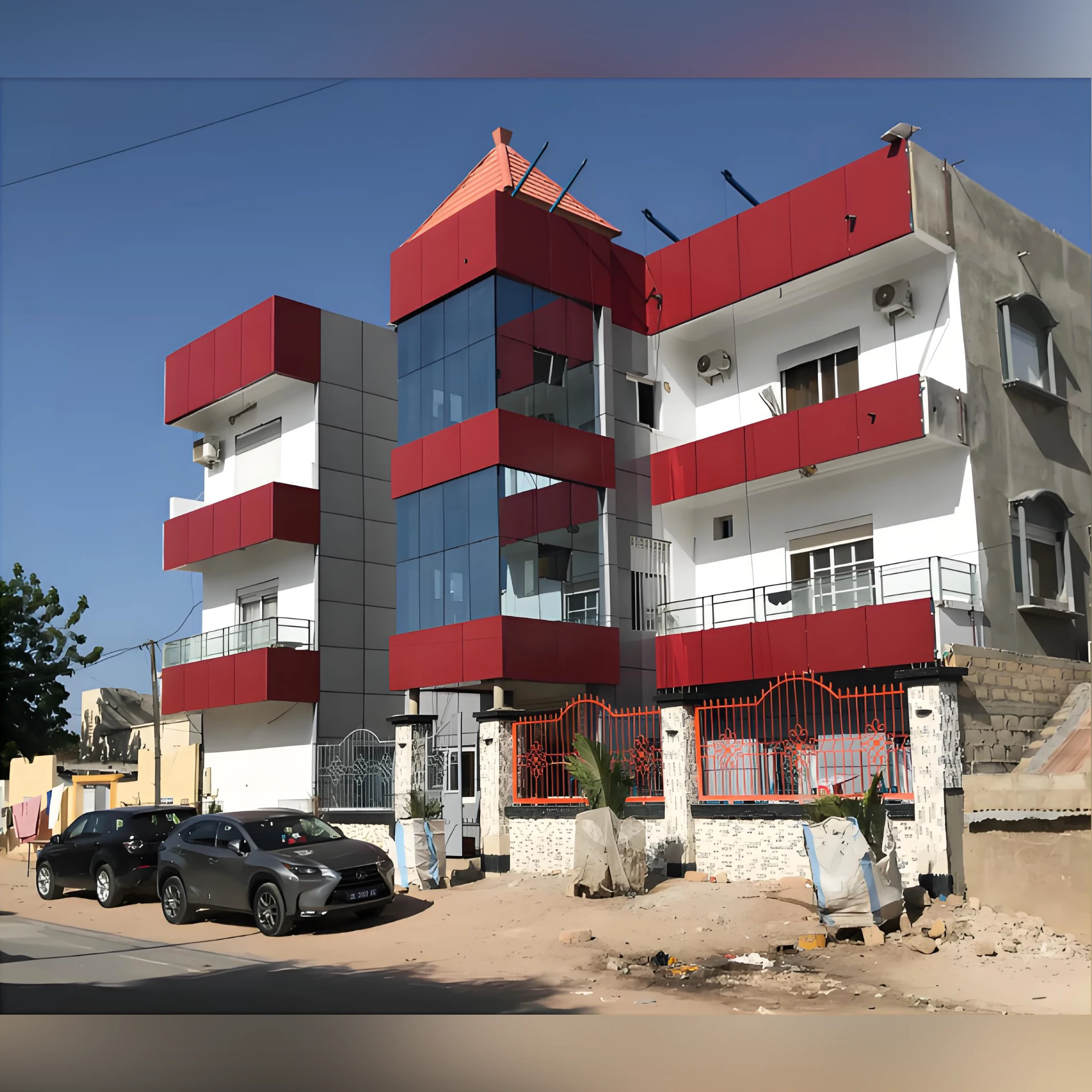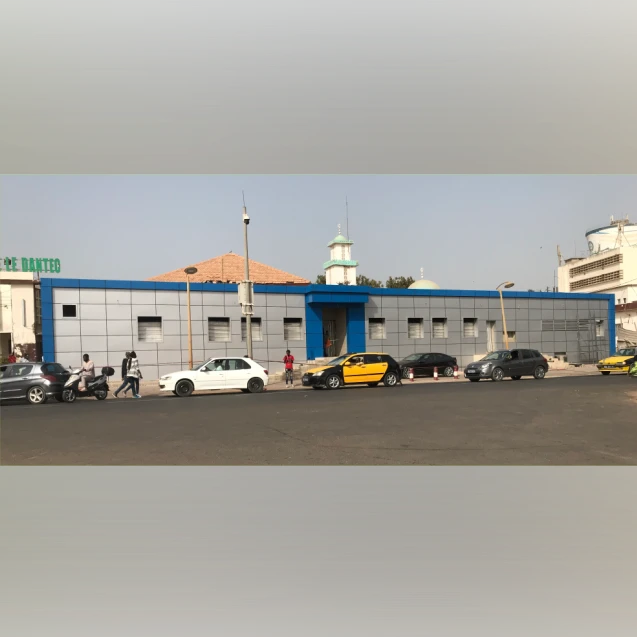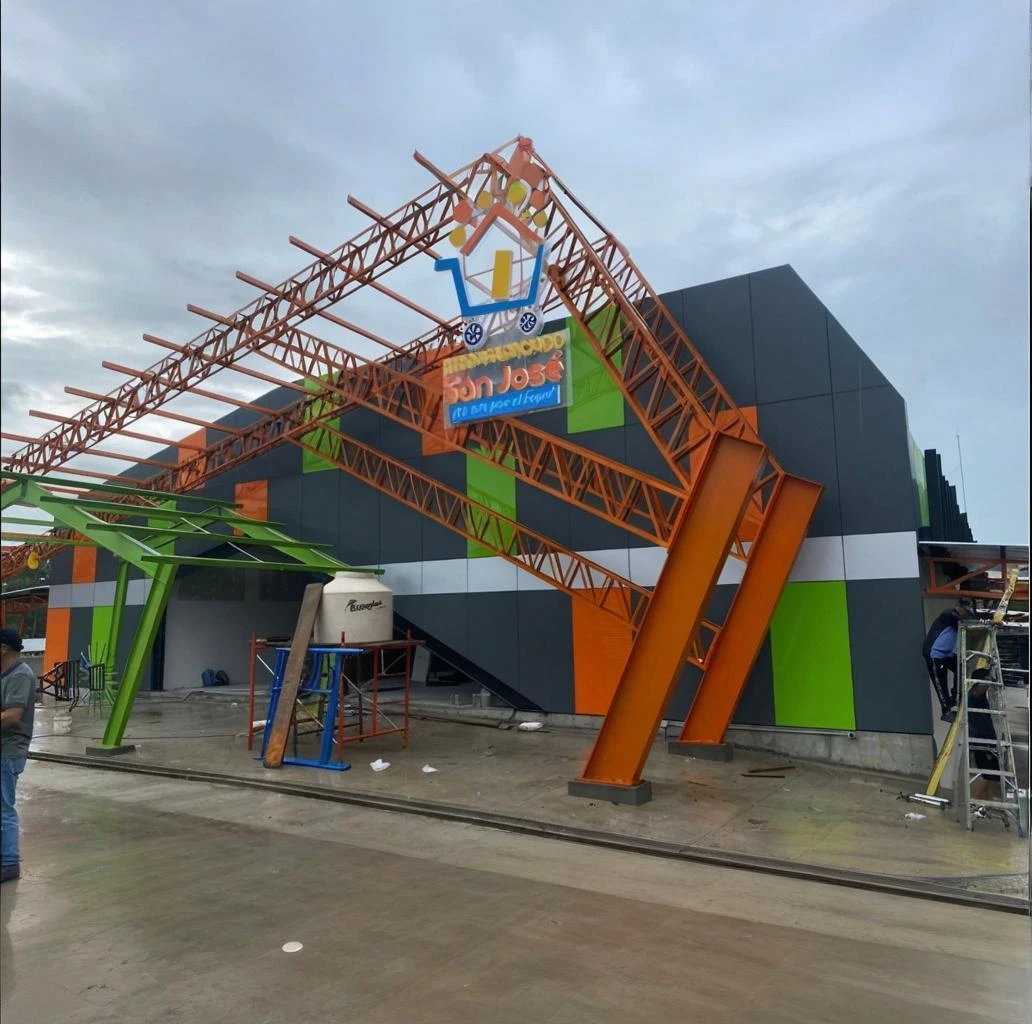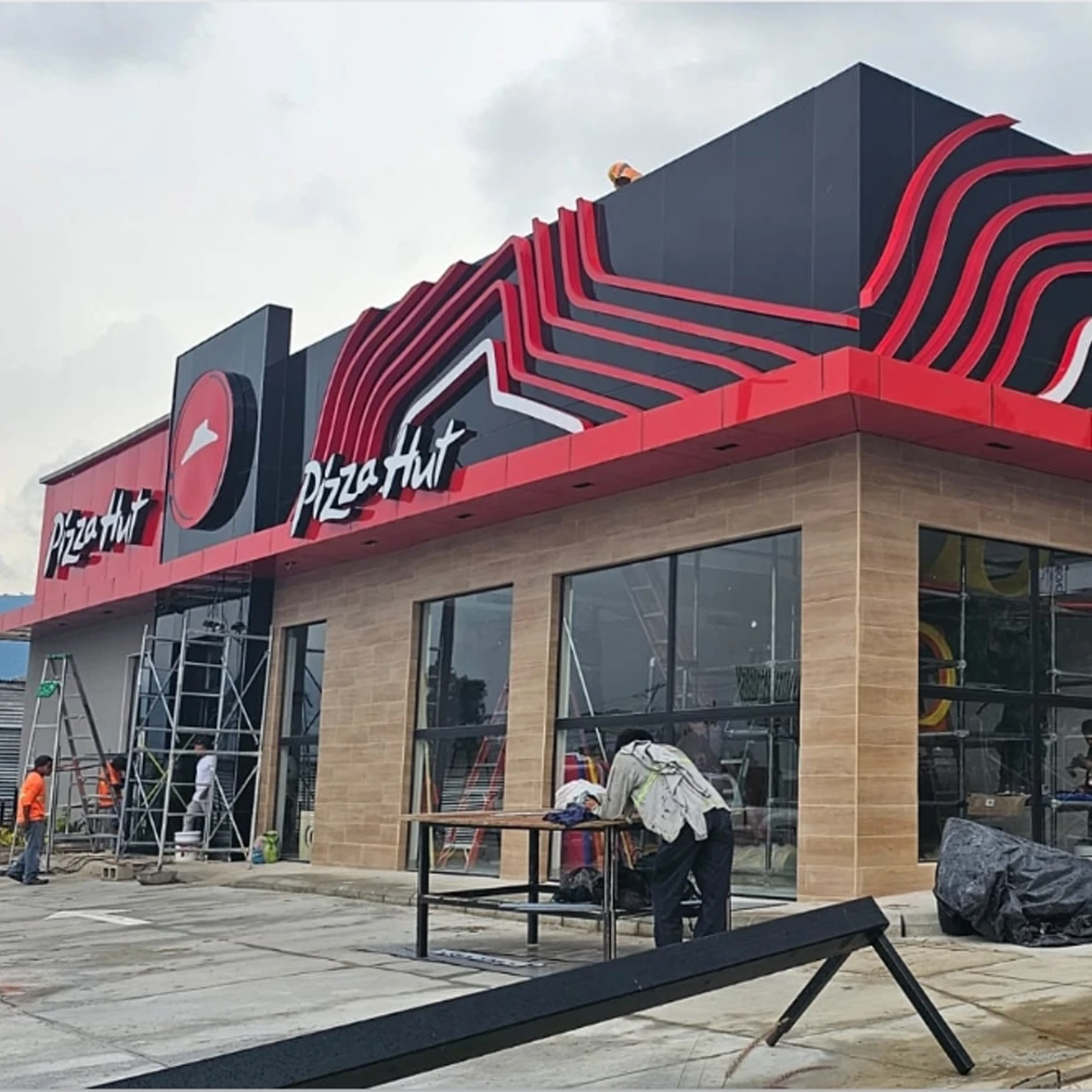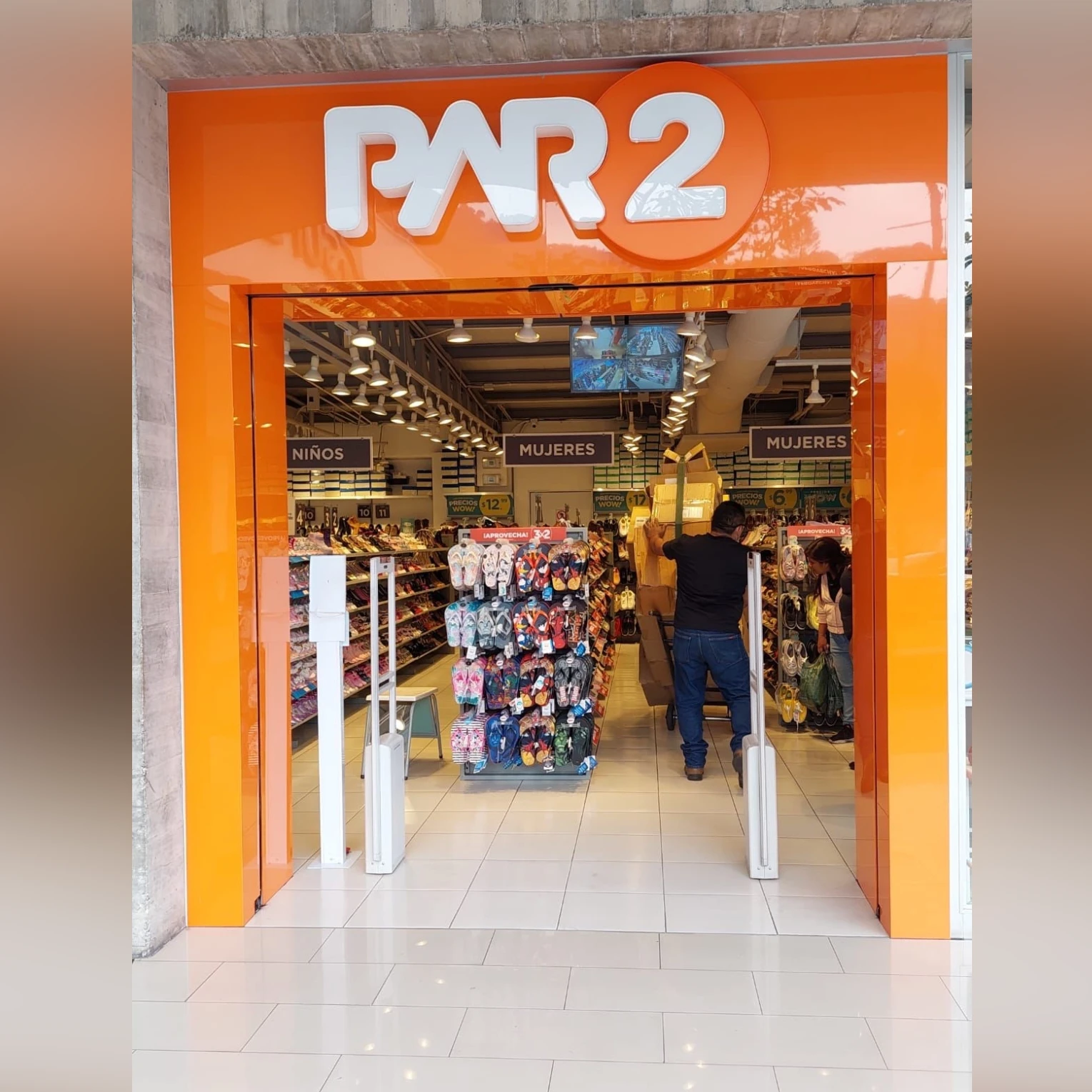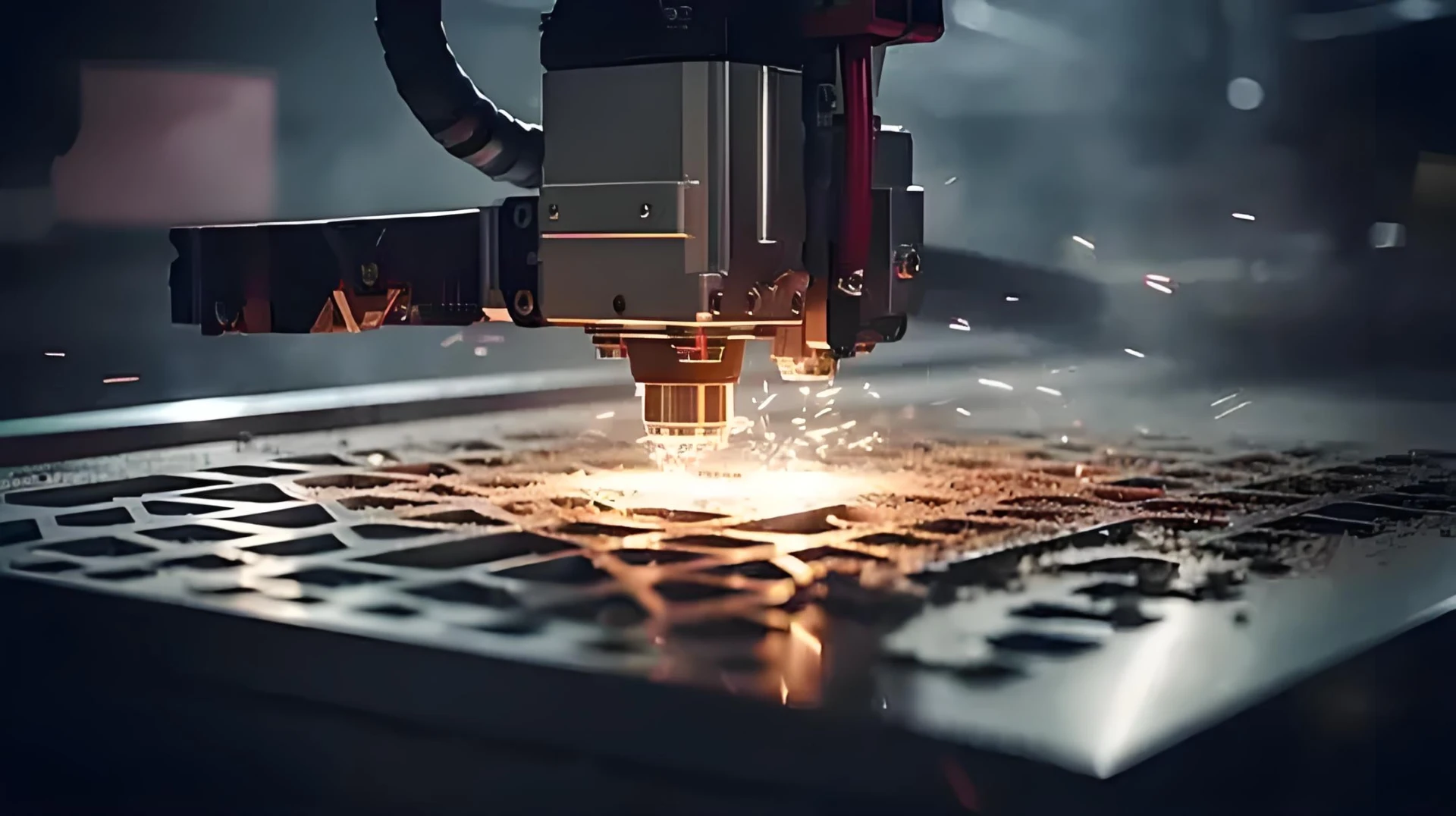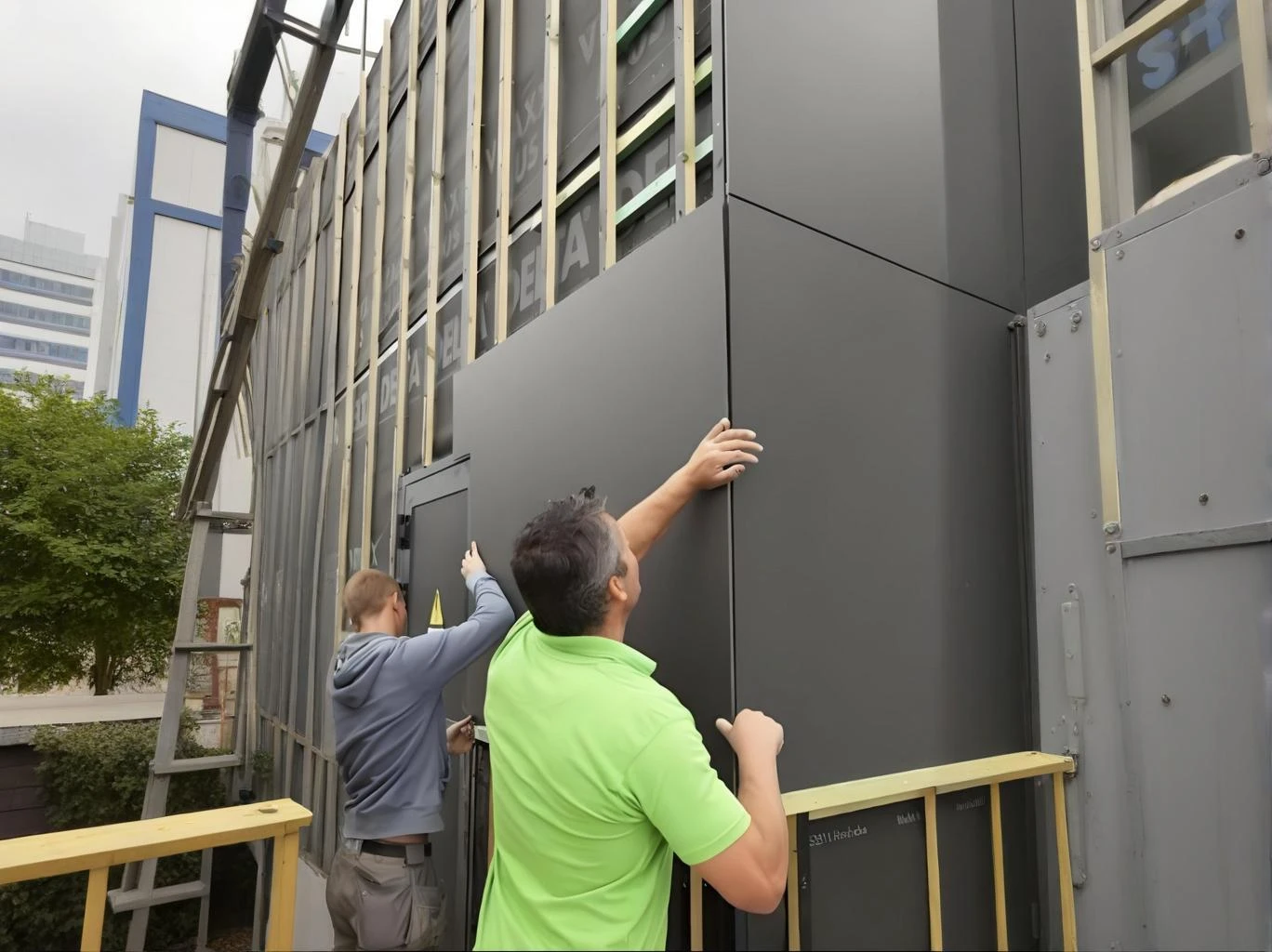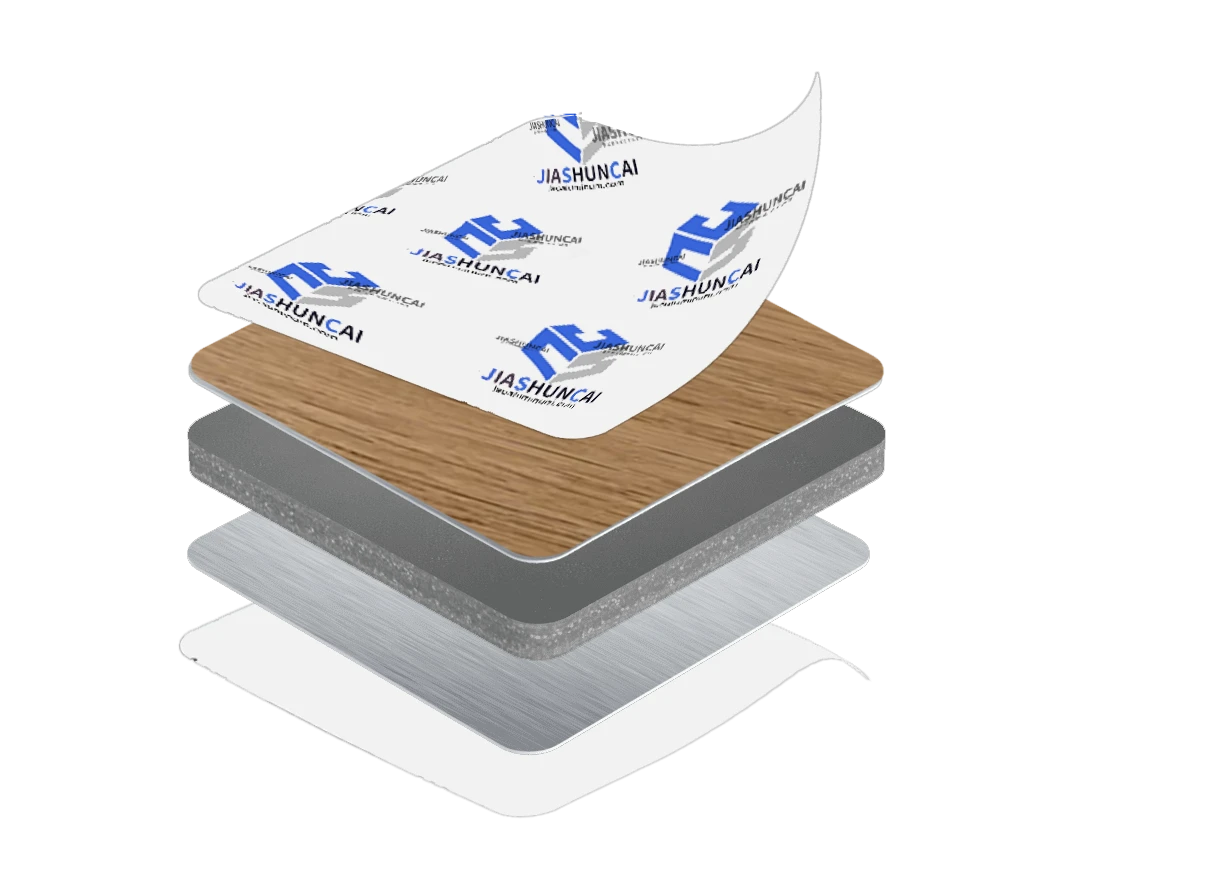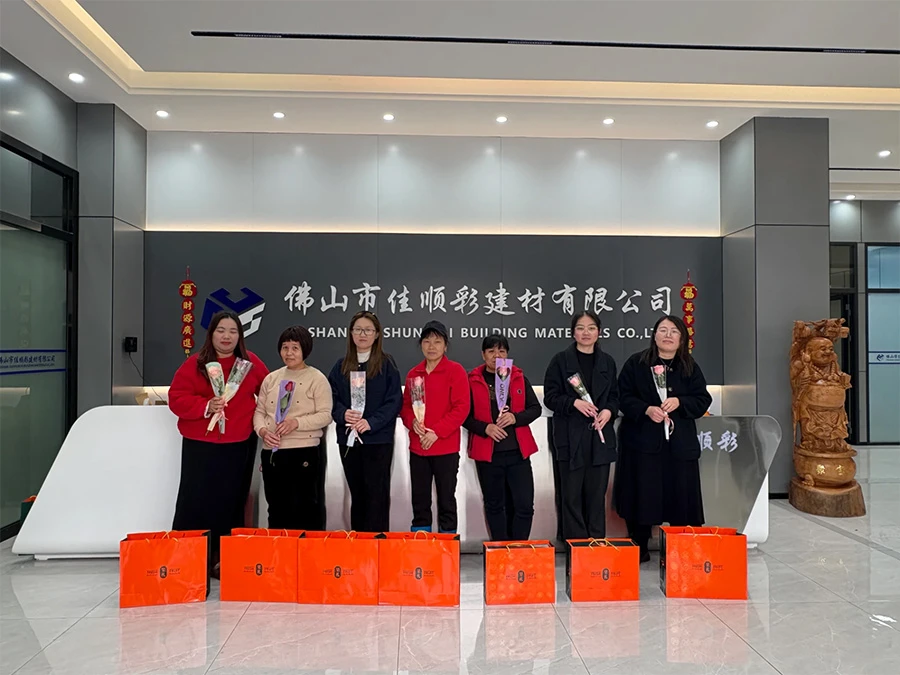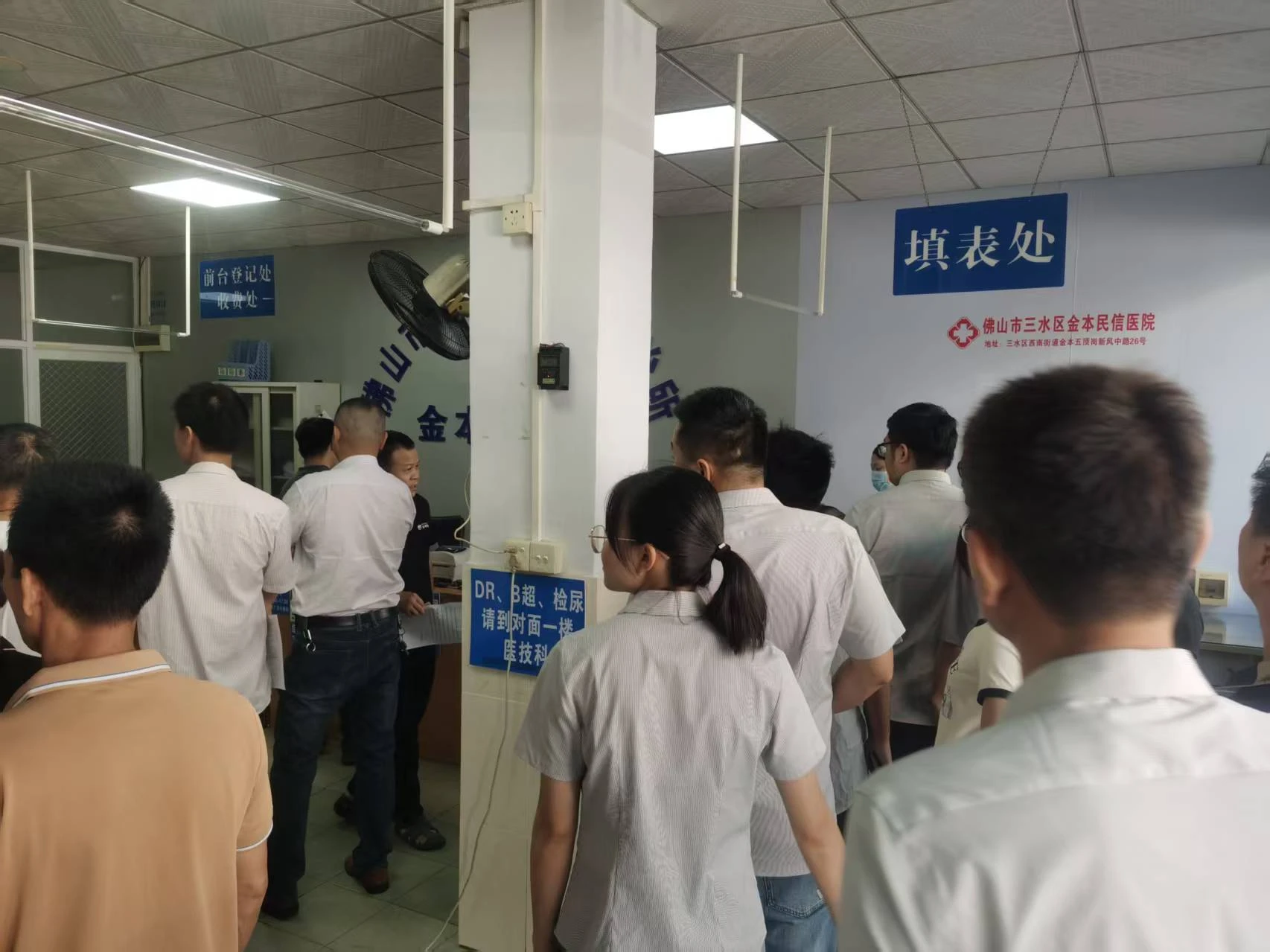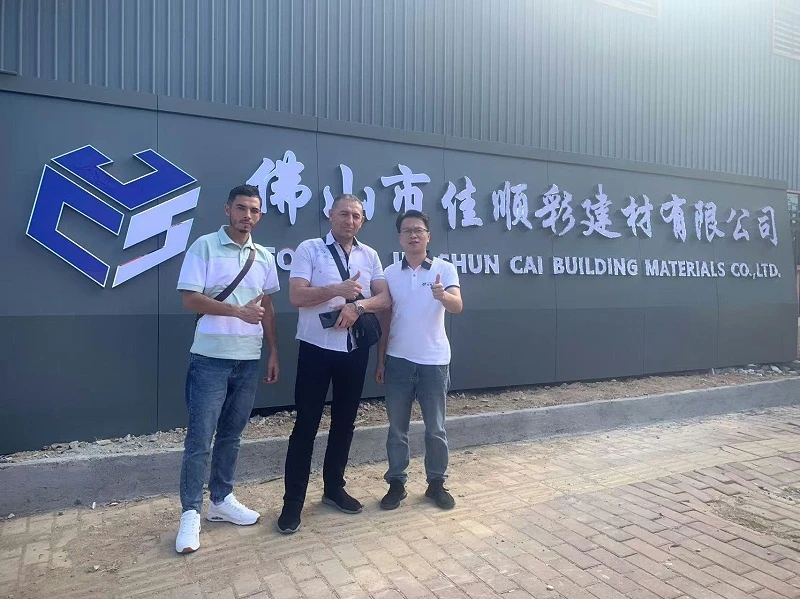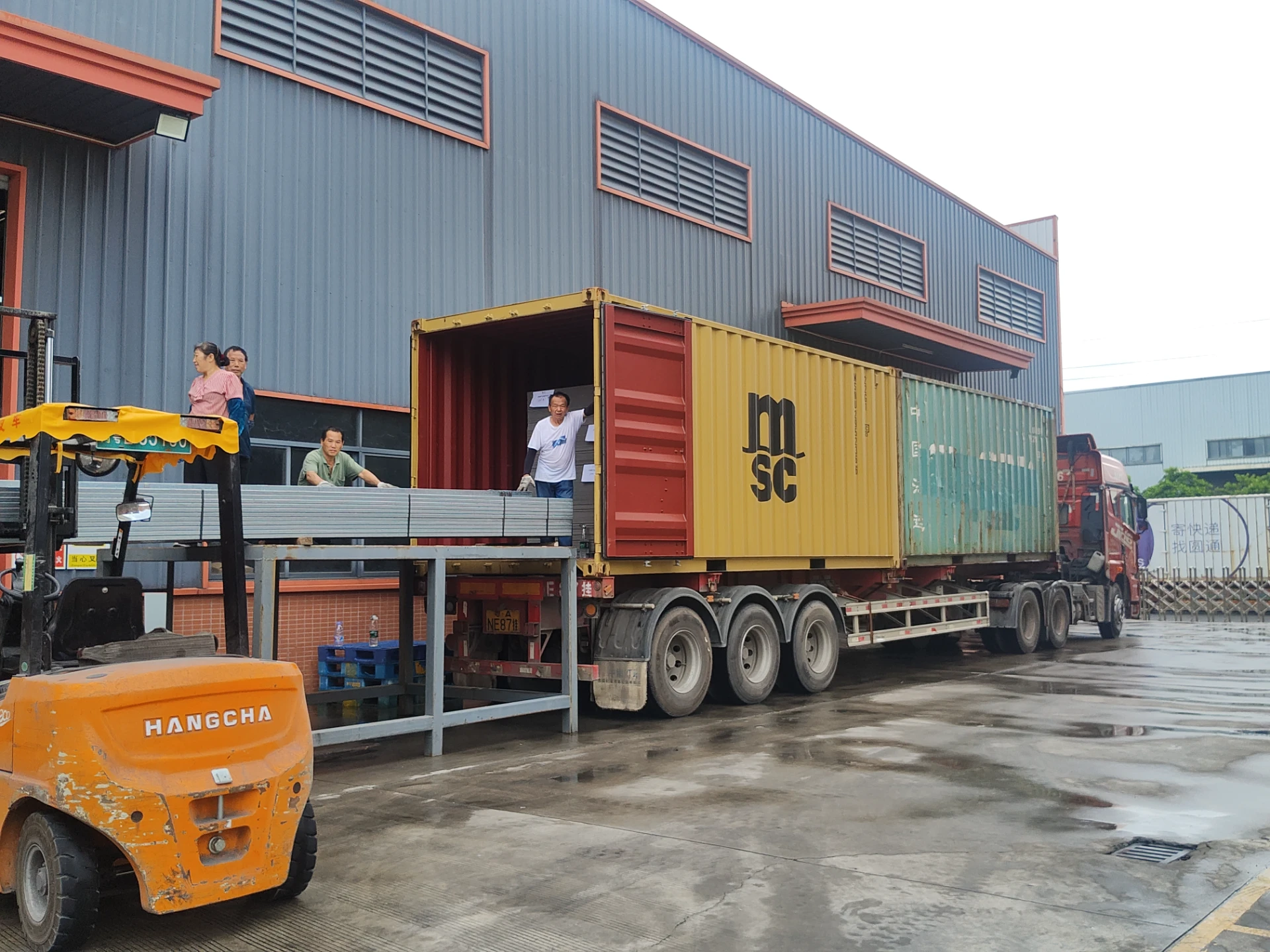Growing modern architectural requirements and high performance in industrial facilities are driving greater demand for high-quality aluminum ceiling panels. When considering
aluminum ceiling panel price, factors such as advanced manufacturing processes, strict quality certifications, and long-term value are becoming paramount. In this comprehensive guide, we explore market trends, compare technical parameters, analyze
aluminium ceiling panel price structures, and showcase the unique value of custom solutions like
Machining of Composite Panels.
Industry Trends and Market Overview
Aluminum ceiling panels dominate commercial, industrial, and public infrastructure projects, driven by their lightweight, durability, and versatility. According to Grand View Research, the global aluminum ceiling market is projected to reach USD 3.91 billion by 2028, growing at a CAGR of 8.1% (2023 report). This expansion is driven by increasing demand in sectors such as:
- Petrochemical and process industries
- Commercial office buildings & transportation hubs
- Hospitals, water treatment, and metro stations
- Retail, airports, and data centers
Up-to-date aluminum ceiling panel price information is best derived from trusted manufacturers with ISO 9001 certifications and consistent global supply capacity.
Key Price Influencing Factors
- Aluminum alloy grade (AA1100/AA3003/AA5052, etc.)
- Surface treatment (powder coating, anodizing, PVDF, etc.)
- Panel thickness, size, and perforation details
- Technical standards compliance (ISO, ASTM, ANSI)
- Order quantity/customization complexity
- Installation system (baffle, clip-in, lay-in, etc.)
Global Aluminum Ceiling Panel Price Comparison (2024)
| Country/Region |
Standard Panel Size |
Panel Thickness |
Finish Type |
Aluminum Ceiling Panel Price (USD/m2) |
Compliance |
| China |
600×600mm |
0.6mm / 0.8mm |
Powder-coated |
$10–$18 (Source) |
ISO 9001, GB/T 23444 |
| Europe (Germany) |
600×600mm |
0.7mm |
PVDF Anodized |
$23–$28 |
EN 13964, DIN 4102 |
| USA |
2'x2' |
0.8mm |
Powder-coated |
$19–$24 |
ASTM E1264, UL Classified |
| MEA (UAE, KSA) |
600×600mm |
0.7mm |
PVDF / Custom |
$14–$21 |
ISO 12944, SASO |
| Australia |
600×1200mm |
0.8mm |
Polyester |
$16–$22 |
AS 1530.3 |
aluminum ceiling panel price may vary with project scope, customization, and logistics. Contact the supplier for the latest quotation
Machining of Composite Panels.
Aluminium Baffle Ceiling Detail & Technical Parameters
What is an Aluminium Baffle Ceiling?
An aluminium baffle ceiling system is a type of linear ceiling comprised of extruded or fabricated aluminum profiles ("baffles") suspended in parallel. Their modular design allows for flexible spacing and diverse visual effects, enhancing acoustics and visual depth in open ceilings.
- Material: AA1100, AA3003, or other high-purity architectural aluminum alloys
- Surface: Powder-coated, wood grain, anodized, or film-laminated
- Standard baffle sizes: 25x50mm, 30x100mm, custom upon request
- Typical baffle thickness: 1.0–2.0mm
- Length: up to 6 meters without visible joints
- Compliance: ISO 9001, EN 14716, ASTM E84 fire resistance, GB/T 17748
Aluminium Baffle Ceiling Specification Comparison
| Profile Type |
Section (mm) |
Coating/Finish |
Fire Rating |
Acoustic NRC |
| Type A |
20x100 |
Powder Coated (RAL) |
A2 (EN 13501-1) |
0.65–0.75 (w/ backing) |
| Type B |
30x80 |
Wood Grain Film |
B (GB 8624-2012) |
0.62–0.72 |
| Custom |
25x150 |
Anodized Silver |
A2 (EN 13501-1) |
0.52–0.70 |
Technical Advantages
- Superior corrosion resistance, ideal for humid or chemically-aggressive environments (ISO 12944 compliance)
- Lightweight, high dimensional stability due to strict CNC/material control
- Excellent fire resistance (A2 class per EN 13501-1)
- Custom colors and perforations for optimal acoustics & aesthetics
- Long service life: 20+ years with minimal maintenance
- Energy-saving: Integrated lighting/HVAC options enable efficient building systems
Step-by-Step Process Flowchart
1
Raw Aluminum Selection
AA1100/AA3003 billets
➤
2
Continuous Casting / Rolling
Coils to sheet profiles
➤
3
Surface Pre-treatment
Degreasing, pickling
➤
4
CNC Cutting & Punching
Shape, perforation, notch
➤
5
Bending & Forming
Mold, press, stamp
➤
6
Surface Coating
Powder, PVDF, or anodizing
➤
7
Quality Inspection
ISO/ANSI tests: thickness, adhesion
➤
8
Packing & Shipping
Protective films, crate
Core Manufacturing Technologies Explained
- Material selection: High-purity alloys guarantee consistent strength, corrosion resistance, and surface finish.
- CNC machining & composite lamination: Ensures precise tolerances, complex designs, and hybrid material solutions for enhanced acoustics or fire safety.
- High-performance coatings: Advanced powder/PVDF finishing for >20-year color and weather resistance (pass ISO 2810 accelerated aging test).
- Inspection: Thickness, adhesion (EN 13523-6), fire (ASTM E119), and mechanical strength (ISO 6892).
Machining of Composite Panels: Core Technical Data
| Parameter |
Specification |
| Alloy Grade |
AA1100, AA3003, AA5052 |
| Thickness Range |
0.5–2.0 mm (panels), 1.0–3.0 mm (baffle, composite) |
| Surface |
PVD/Anodizing/Powder/Film Laminated |
| Mechanical Strength |
Yield ≥125 MPa; Tensile ≥140 MPa |
| Fire Resistance |
A2 (EN 13501-1), E84 (NFPA) |
| Panel Flatness |
<0.5 mm deviation per meter |
| Service Life |
>20 years (indoor); 10–15 years (outdoor) |
| Certifications |
ISO 9001, ISO 14001, SGS, CE |
Technical Comparison Visualization
Machining of Composite Panels vs. Conventional Panels: Key Indexes
Machining of Composite Panels
Conventional Aluminum Panels
Panel Supply Market Share (Estimate 2024)
China
EU
North America
Middle East & Africa
Others
Supplier Benchmarking: Selecting the Right Manufacturer
Leading Aluminum Ceiling Panel Suppliers & Certifications
| Supplier |
Country |
Major Certification |
Custom Service |
Minimum Order |
Delivery Cycle |
| Machining of Composite Panels |
China |
ISO9001, SGS, CE |
Full OEM/ODM |
300 m2 |
15–25 days |
| Hunter Douglas |
Netherlands |
CE, EN 13964 |
Design to site |
500 m2 |
30–45 days |
| Armstrong Ceilings |
USA |
UL, ASTM E84 |
Standard & custom |
500 m2 |
25–40 days |
| Knauf AMF |
Germany |
EN 13501-1 |
Limited |
700 m2 |
30–50 days |
Always verify aluminum ceiling panel price against technical specifications and shipment terms, ensuring that the supplier meets global ISO and industry-specific standards.
Custom Solutions: Flexibility, Performance, and Design Value
- Flexible dimensions: Machining of Composite Panels supports custom shapes, perforation patterns, and integration of functional elements (lighting/HVAC).
- Color & finish: Over 100 RAL/Pantone colors, wood grain, metallic, and anti-bacterial finishes available.
- Precision engineering: CNC capabilities down to ±0.1mm with full digital design support, enabling complex room geometries or modularity.
- Performance upgrades: Optional reinforced panels (>1.5 mm), eco-friendly coatings (low-VOC), or integrated acoustic fleece for NRC >0.8.
- Fast prototyping: From 3D CAD design to prototype panel in 14 days.

Application Scenarios: Case Studies
Oil Refinery Control Room (Middle East)
Panels: Baffle and lay-in with anti-corrosive PVDF (1.2mm).
Performance: Enhanced service life despite high humidity & chemical exposure; classified A2 fire rating.
Result: Reduced replacement cost by 37% over 12 years (source: site maintenance log).
Metro Station (EU City Transit)
System: Custom-formed clip-in panels with perforations (NRC 0.85). EN 13501-1 and ISO 9001 certified.
Benefit: Fast modular installation, acoustic comfort, and vandal-resistance (minimal sheet deviation, easy cleaning).
High-Tech Office Complex (USA)
System: Machining of Composite Panels with integrated LED and air-venting slots.
Feedback: Improved visual ambiance and energy savings of 12% (as per BREEAM rating report).
Wastewater Treatment Plant (China)
System: Aluminium baffle ceilings (1.5mm, powder-coated, AA5052).
Note: Maintained structural integrity for 15+ years; no signs of corrosion (SGS lab certificates available).
Technical FAQ: Aluminum Ceiling Panel Industry
1. What are the main alloy grades used in aluminum ceiling panels?
Standard alloys include AA1100/AA3003 (excellent formability, corrosion resistance) and AA5052 for heavy-duty or exterior applications, guaranteeing panel longevity and dimensional stability.
2. What panel thickness is recommended for commercial projects?
Panels 0.6–1.2 mm thick are typical, with baffle systems up to 2.0 mm for enhanced rigidity. Thickness depends on span, installation frequency, and acoustic/structural needs.
3. What international certifications should I look for?
Essential certifications: ISO 9001 (quality management), EN 13964 (ceiling systems), ASTM E84 (fire), SGS/CE (third-party verification), and country-specific like UL or SASO.
4. How do surface finishes impact durability and aesthetics?
PVDF coatings offer superior UV/weather resistance (for exteriors); powder coating for interior wear/cleaning; anodizing for a metallic sheen and scratch-resistance. Each meets different ISO or EN standards for adhesion & longevity.
5. What are the installation system options?
Popular systems: clip-in, lay-in, hook-on, baffle, and U-shaped. Each varies by accessibility, load-bearing, and visual effect. EN 14716 and ASTM C635 provide relevant technical standards.
6. What is the typical delivery cycle for large projects?
For most manufacturers, standard delivery is 15–30 days for aluminum ceiling panel price contracts & OEM orders, depending on complexity and order size. Fast prototyping is available in 10–14 days.
7. What warranty and after-sales service are offered?
Warranties range from 5–15 years against corrosion, peeling, and structural deformation. Leading manufacturers provide on-site support, remote technical guidance, and annual inspection service.
Delivery Terms, Warranty & Client Support
- Lead time: 15–25 working days (urgent orders: as fast as 10 days)
- Shipping: FOB, CFR, CIF, DDP available worldwide (full export documentation supplied)
- Warranty: 10–15 years against weathering, fading, or structural defects
- Technical support: On-site training, installation videos, BIM/CAD file support
- Spare parts: All fastening and accessories available for 10+ years post-purchase
- Custom sample: Free sample set (with courier charge)
Conclusion & Further Reading
In today's global building sector,
aluminum ceiling panel price is ultimately a reflection of technical precision, certified quality, and the ability to deliver customized, future-ready solutions—demands best met by experienced and certified manufacturers. Whether for high-impact industry facilities or modern interiors, partnering with a leading provider such as
Machining of Composite Panels ensures compliance, safety, and long-term value.

